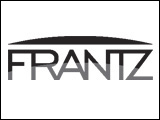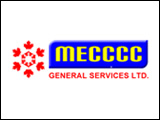The General Manager of Manitoba Pork says, even with changes proposed under the provincial government’s “Red Tape Reduction and Government Efficiency Act,” Manitoba’s pork industry will continue to be subject to some of the strictest environmental regulations anywhere.
Public hearings were held last week into Bill 24, the Manitoba government’s “Red Tape Reduction and Government Efficiency Act.”
Andrew Dickson, the General Manager of Manitoba Pork, says opponents of the hog industry have suggested changes proposed under the bill will spell disaster for the environment and for Lake Winnipeg but the exact opposite is the truth.
The environment regulations are all still in place. In fact they’ve been strengthened and modernized. The hog industry does not pollute Lake Winnipeg. The issue of manure is dealt with in the regulations. Manure is incorporated into the soil as a nutrient for plant growth. It is applied as a suitable nutrient for plant growth. Runoff is completely illegal. Is there a problem with Lake Winnipeg? Yes. Do we all need to do something about reducing the amount of phosphorus we use in our businesses? Yes. And the industry is doing lots in that regard.
We’ve brought phytase into our rations for example which allows us to make better use of the phosphorus that’s actually in feed rather than adding additional mineral phosphorus. We apply at phosphorus uptake rates that are suitable for crops to minimize any potential buildup of phosphorus in the soils and we’re continuing to look at research in how to improve our feed efficiency and pigs are a more efficient animal. They will excrete less phosphorus and we will still have the same amount of pork production. So there’s lots going on in the pork industry in terms of doing its bit to protect the environment.
~ Andrew Dickson, Manitoba Pork
Dickson notes all Manitoba pork operations are subject to audit, they must file annual manure management plans and manure application is based on annual crop growth.




